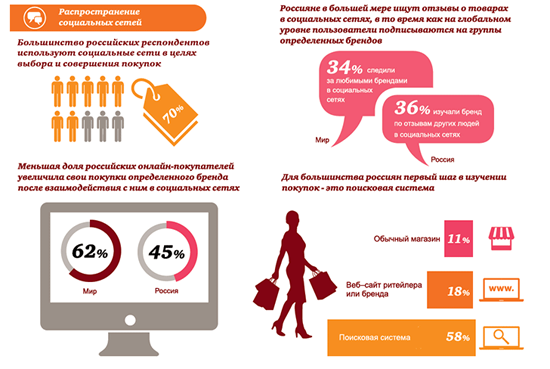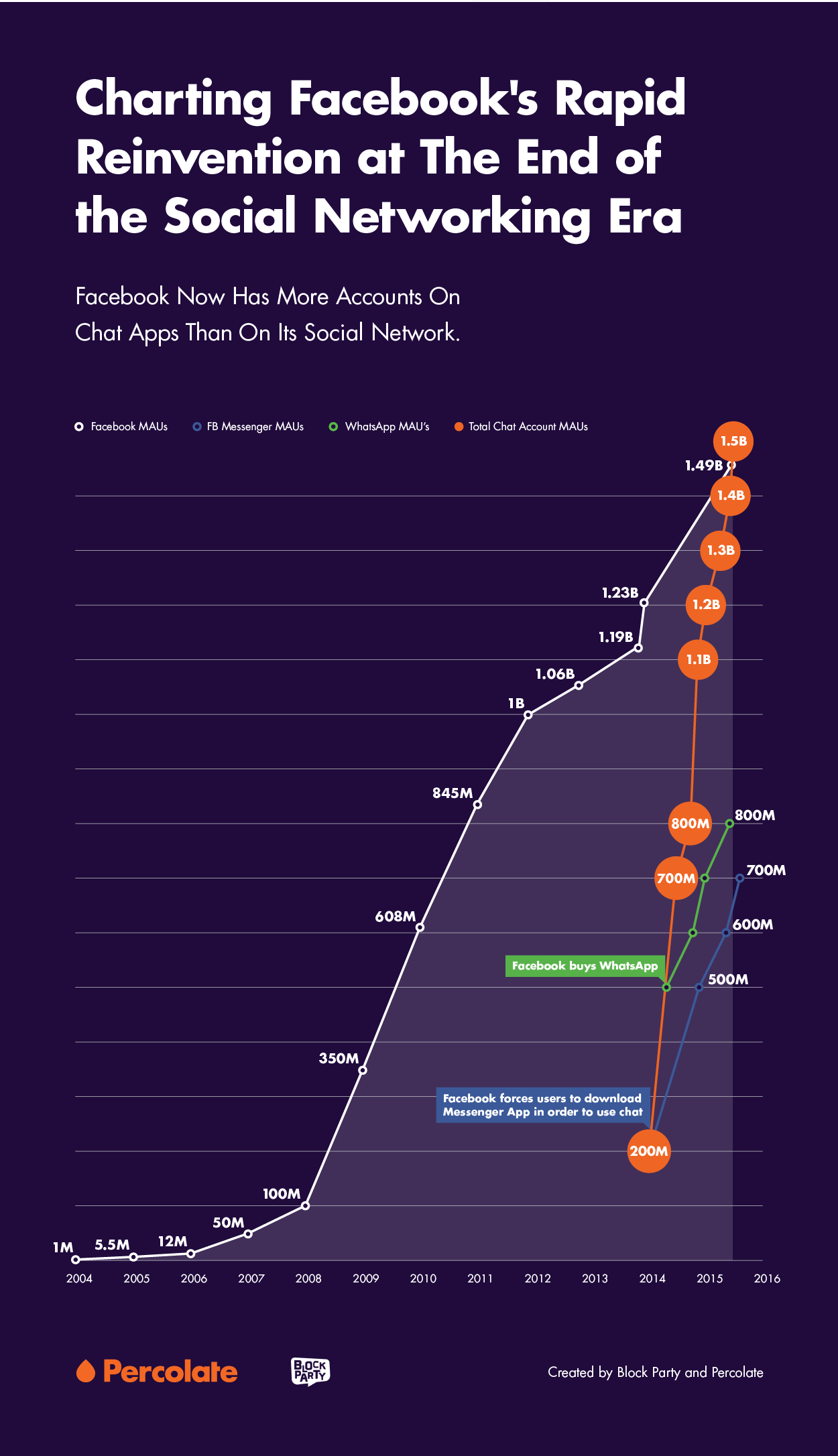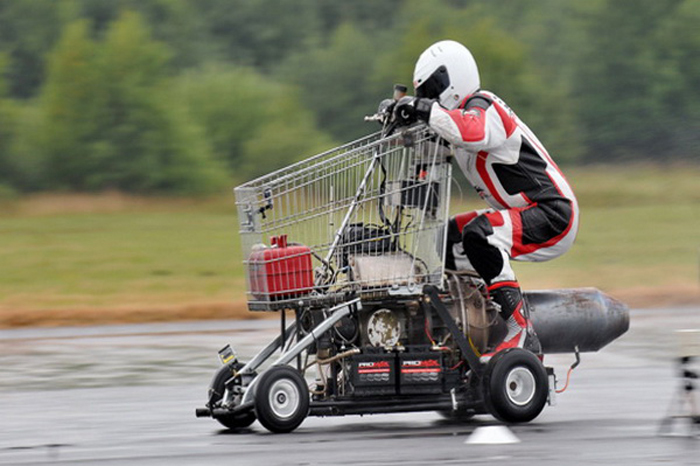We are looking for megamozg for MEGAprojects
Hi, Megamind!
Just you are what we need, because here are the best minds: developers, marketers, engineers, designers, managers, salespeople, advertisers, financiers and all. We know how hard it is when the head is full of ideas and so we want to bring them to life. We invite you to share ideas with Mega. On the most favorable terms :-)

IKEA Centers Russia, managing MEGA shopping centers throughout Russia, launches its own startup accelerator MEGA ACCELERATOR . The project will take place in several stages. The first - the collection of applications from potential participants - will last until February 15. We are waiting for developers, programmers, business experts, retail professionals, marketers and designers who are ready to upgrade their skills, and at the same time make the world of MEGI better. habracut
')
The second stage is three months of training and practice in the accelerator. Experts, facilitators, mentors, trainers, engineers and architects will work with the teams within the MEGA ACCELERATOR. IKEA Center Russia will provide its own specialists: each team will communicate with those departments that require expertise.
The task of the accelerator participants is to search for innovative, unusual and cool ideas to improve consumer experience in the MEGA shopping center and beyond, therefore the main thing that will be evaluated when selecting participants is the idea. It should be attractive to the company and have potential for implementation.
IKEA Centers Russia is always open to new ideas, and MEGA shopping centers are the best platform for testing innovations in the consumer market. From the point of view of the researcher and businessman, MEGA shopping centers are a real testing ground for studying consumer experience and experiments to improve it. Judge for yourself.
Today we are happy to open our doors to young and ambitious specialists. You can be a small company, a new startup or even a lone dreamer, the main thing is that you have ideas on how to make a purchase in MEGA more convenient, more pleasant, easier, more fun. In general, better. We are not new to consumer behavior research, so we are convinced that the future is in three directions.
Today, each of us has a smartphone in our pocket, which only science fiction writers could dream of in the 20th century. These are great opportunities for quick access to content, online shopping, communication, learning and entertainment. But is it good for offline retail? Even from a purely philistine point of view, the departure of customers online should lead to a reduction in visitors to several categories of stores. Indeed, worldwide retail sales are declining. True, in Russia, the trend is developing much more slowly, but it still exists. According to the PWC survey, the share of online purchases in Russia was 2.4%, but analysts predict slow growth. For 58% of Russians, the first step in shopping is a search engine; for 18%, a retailer or brand website. Even if a person buys offline, he still does not bypass the use of gadgets and the Internet.

* Image source
Sitting idly is not an option. You need to win your customer, to be near where it is convenient for him, and most importantly - to be who he wants to see his store or brand. Therefore, it is important to create applications, solutions and interactivity aimed at finding the consumer in the field of attention. In combination with the personification of the offers, this will help to preserve the interest of customers and will provide new opportunities for the formation of consumer experience.
Personalization can be based on purely marketing research and innovations, as well as solutions that have a deeply developed technological platform: big data analysis, use of gadgets, use of sensors and counters. A combination of solutions is also possible - the better we know the consumer, the more relevant the proposal we are ready to make.

Once the Internet made a revolution in commerce, today a new revolution is happening before our eyes - shopping has become a social phenomenon. People buy, trusting the recommendations of friends and groups in social networks. And broader - if earlier it was necessary to “connect to the Internet”, then today the Internet itself comes to everyone - on the phone, in the clock and even on the TV. This is a small but revolution.
Pay attention to how quickly the messengers gained popularity over the past year - it seems that social networks will soon recede into the background, like SMS once. Facebook's audience today is 1.4 billion. WhatsApp messenger - 1 billion. At first glance, the difference is not great, but exactly a year ago, WhatsApp had only 600 million subscribers, and Facebook had almost the same 1.3 billion. This is a new market situation, and we want to be on the crest of a wave.

Today, the seller himself comes to the buyer and this changes the rules of the global game: if buyers now go shopping with their phone, then MEGA wants to be a useful and convenient application in every smartphone.
First-year economics students are told an interesting paradox. There is no definition for such concepts as Money, Price or Time. That is, canonical definitions, of course, exist, but each new scientific school, each round of development brings a new definition. How to determine the game?

Even in the 1930s, in his famous book “A Man Playing”, the Dutchman Huizinga placed work, rather than work, at the center of human existence and lifestyle. This is the profound truth of life, which is becoming more and more clear. After all, in the end, what is money? All economic definitions are not complete enough, but the idea of shopping as a game clarifies a lot. Here are the characteristics of the game on Hyuzenge:
It is not difficult to see that all forms of human interaction fall under this definition. So, there is a reason for entrepreneurs to think about how to turn the buying process and the internal activities of MEGI into a game or competition. Here it is worth remembering MEGA as a testing ground for innovation and using its infrastructure to the maximum. Moreover, there are a few more points that can play into the hands of gamification ideas. A shopping center is not only a platform for exchanging goods for money, but also a socio-cultural phenomenon.
In all jokes about anti-stress shopping there is some truth. And in our stressful flow of days, this proportion is growing. The combination of these characteristics and the element of the game can give a powerful synergistic effect.
Apply today - maybe your unexpected idea will help to make the world MEGI better. Anyone who qualifies for the accelerator will get access to the IKEA Centers Russia co-working space and 350 thousand rubles of lifting.
In March 2016, the teams will get into the business incubator, where they will test and refine their ideas under the guidance of project mentors. The accelerator partner is GVA LaunchGurus, which will share knowledge and experience with the accelerator participants, as well as tools for implementing ideas.
The educational program will be completed in June 2016, when the winner will be announced, who will receive 3.5 million rubles for the implementation of their project in MEGA shopping centers. The game is worth the candle!
Hurry up to take part , applications are accepted until February 15th.
Just you are what we need, because here are the best minds: developers, marketers, engineers, designers, managers, salespeople, advertisers, financiers and all. We know how hard it is when the head is full of ideas and so we want to bring them to life. We invite you to share ideas with Mega. On the most favorable terms :-)

IKEA Centers Russia, managing MEGA shopping centers throughout Russia, launches its own startup accelerator MEGA ACCELERATOR . The project will take place in several stages. The first - the collection of applications from potential participants - will last until February 15. We are waiting for developers, programmers, business experts, retail professionals, marketers and designers who are ready to upgrade their skills, and at the same time make the world of MEGI better. habracut
')
The second stage is three months of training and practice in the accelerator. Experts, facilitators, mentors, trainers, engineers and architects will work with the teams within the MEGA ACCELERATOR. IKEA Center Russia will provide its own specialists: each team will communicate with those departments that require expertise.
The task of the accelerator participants is to search for innovative, unusual and cool ideas to improve consumer experience in the MEGA shopping center and beyond, therefore the main thing that will be evaluated when selecting participants is the idea. It should be attractive to the company and have potential for implementation.
IKEA Centers Russia is always open to new ideas, and MEGA shopping centers are the best platform for testing innovations in the consumer market. From the point of view of the researcher and businessman, MEGA shopping centers are a real testing ground for studying consumer experience and experiments to improve it. Judge for yourself.
- Huge areas allow you to track the movement of visitors, build heat maps of interests, highlight the most favorable location. Additional features provide open and closed parking with huge traffic.
- Several forms of organization of sales points of tenants help to test hypotheses and test innovations in all formats: boutique, hypermarket, island, open shop window, closed shop window, stand, exhibition stand, interactive stand and even the format of fairs and festivals (seasonally).
- The possibility of approbation of solutions with an entertainment component due to the availability of infrastructural forms: food court, skating rink, children's zone, etc.
- The ability to test innovation with a division by region of presence of MEGI.
- The possibility of studying consumer preferences and demand by product categories: from wallpaper and seedlings to sporting goods and cosmetics.
Today we are happy to open our doors to young and ambitious specialists. You can be a small company, a new startup or even a lone dreamer, the main thing is that you have ideas on how to make a purchase in MEGA more convenient, more pleasant, easier, more fun. In general, better. We are not new to consumer behavior research, so we are convinced that the future is in three directions.
1. Personalized offers
Today, each of us has a smartphone in our pocket, which only science fiction writers could dream of in the 20th century. These are great opportunities for quick access to content, online shopping, communication, learning and entertainment. But is it good for offline retail? Even from a purely philistine point of view, the departure of customers online should lead to a reduction in visitors to several categories of stores. Indeed, worldwide retail sales are declining. True, in Russia, the trend is developing much more slowly, but it still exists. According to the PWC survey, the share of online purchases in Russia was 2.4%, but analysts predict slow growth. For 58% of Russians, the first step in shopping is a search engine; for 18%, a retailer or brand website. Even if a person buys offline, he still does not bypass the use of gadgets and the Internet.

* Image source
Sitting idly is not an option. You need to win your customer, to be near where it is convenient for him, and most importantly - to be who he wants to see his store or brand. Therefore, it is important to create applications, solutions and interactivity aimed at finding the consumer in the field of attention. In combination with the personification of the offers, this will help to preserve the interest of customers and will provide new opportunities for the formation of consumer experience.
Personalization can be based on purely marketing research and innovations, as well as solutions that have a deeply developed technological platform: big data analysis, use of gadgets, use of sensors and counters. A combination of solutions is also possible - the better we know the consumer, the more relevant the proposal we are ready to make.
2. Communities around shopping

Once the Internet made a revolution in commerce, today a new revolution is happening before our eyes - shopping has become a social phenomenon. People buy, trusting the recommendations of friends and groups in social networks. And broader - if earlier it was necessary to “connect to the Internet”, then today the Internet itself comes to everyone - on the phone, in the clock and even on the TV. This is a small but revolution.
Pay attention to how quickly the messengers gained popularity over the past year - it seems that social networks will soon recede into the background, like SMS once. Facebook's audience today is 1.4 billion. WhatsApp messenger - 1 billion. At first glance, the difference is not great, but exactly a year ago, WhatsApp had only 600 million subscribers, and Facebook had almost the same 1.3 billion. This is a new market situation, and we want to be on the crest of a wave.

Today, the seller himself comes to the buyer and this changes the rules of the global game: if buyers now go shopping with their phone, then MEGA wants to be a useful and convenient application in every smartphone.
3. Gamification
First-year economics students are told an interesting paradox. There is no definition for such concepts as Money, Price or Time. That is, canonical definitions, of course, exist, but each new scientific school, each round of development brings a new definition. How to determine the game?

Even in the 1930s, in his famous book “A Man Playing”, the Dutchman Huizinga placed work, rather than work, at the center of human existence and lifestyle. This is the profound truth of life, which is becoming more and more clear. After all, in the end, what is money? All economic definitions are not complete enough, but the idea of shopping as a game clarifies a lot. Here are the characteristics of the game on Hyuzenge:
- Access to the game is free, the game itself is a manifestation of freedom.
- A game is not “ordinary” or “real” life.
- The game differs from “normal” or “real” life both in location and duration. "Her current and meaning are in her."
- The game sets the order and the order is. The game requires absolute and complete order.
- The game is in no way connected with material interest and can not bring any profit.
It is not difficult to see that all forms of human interaction fall under this definition. So, there is a reason for entrepreneurs to think about how to turn the buying process and the internal activities of MEGI into a game or competition. Here it is worth remembering MEGA as a testing ground for innovation and using its infrastructure to the maximum. Moreover, there are a few more points that can play into the hands of gamification ideas. A shopping center is not only a platform for exchanging goods for money, but also a socio-cultural phenomenon.
- The shopping center is convenient: everything from products to jewelry is concentrated in one place.
- A shopping center is a lot of people: a person needs a society, you need a place to show yourself, to communicate. No wonder "shopping" go in pairs or even companies.
- The shopping center is cozy: good lighting and music, colors, places for recreation, landscaping, cleanliness and availability of services. Agree, this is a special atmosphere. And yes, the mall is good in any weather: cool in the heat, warm in the frost, no rain and mud.
- The shopping center is interesting: exhibitions, discounts, festivals, concerts, performances, master klpassy, new automotive and so on.
- A shopping center is freedom, even if it is sometimes minimal: freedom to buy, choose, freedom to sit back, twist goods in their hands, etc. At the same time it is also security: security, alarm buttons, medical station.
In all jokes about anti-stress shopping there is some truth. And in our stressful flow of days, this proportion is growing. The combination of these characteristics and the element of the game can give a powerful synergistic effect.
Do you already have a couple of ideas?
Apply today - maybe your unexpected idea will help to make the world MEGI better. Anyone who qualifies for the accelerator will get access to the IKEA Centers Russia co-working space and 350 thousand rubles of lifting.
In March 2016, the teams will get into the business incubator, where they will test and refine their ideas under the guidance of project mentors. The accelerator partner is GVA LaunchGurus, which will share knowledge and experience with the accelerator participants, as well as tools for implementing ideas.
The educational program will be completed in June 2016, when the winner will be announced, who will receive 3.5 million rubles for the implementation of their project in MEGA shopping centers. The game is worth the candle!
Hurry up to take part , applications are accepted until February 15th.
Source: https://habr.com/ru/post/298532/
All Articles